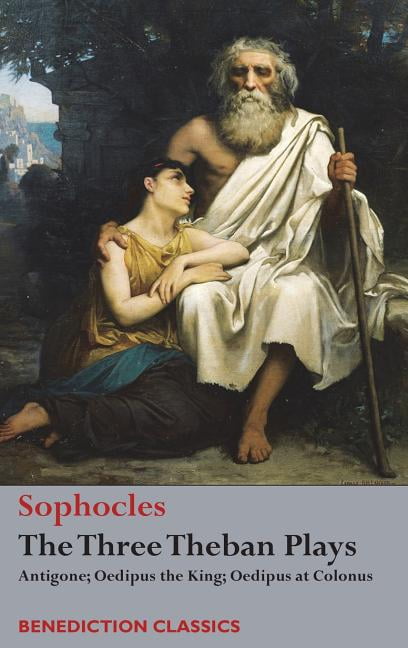

Oedipus at Colonus provides a fitting conclusion to the life of the aged and blinded king, while Antigone depicts the fall of the next generation, through the conflict between a young woman ruled by her conscience and a king too confident in his own authority.Į.

With profound insights into the human condition, it is a devastating portrayal of a ruler brought down by his own oath.

King Oedipus tells of a man who brings pestilence to Thebes for crimes he does not realise he has committed, and then inflicts a brutal punishment upon himself. × Description of the book - The Three Theban Plays Penguin ClassicsThe legends surrounding the royal house of Thebes inspired Sophocles (496–406 BC) to create a powerful trilogy of mankind’s struggle against fate. Readers trust the series to provide authoritative texts enhanced by introductions and notes by distinguished scholars and contemporary authors, as well as up-to-date translations by award-winning translators. With more than 1,700 titles, Penguin Classics represents a global bookshelf of the best works throughout history and across genres and disciplines. This Penguin Classics edition features an introduction and notes by the renowned classicist Bernard Knox.įor more than seventy years, Penguin has been the leading publisher of classic literature in the English-speaking world. Robert Fagles's authoritative and acclaimed translation conveys all of Sophocles's lucidity and power: the cut and thrust of his dialogue, his ironic edge, the surge and majesty of his choruses and, above all, the agonies and triumphs of his characters. Towering over the rest of Greek tragedy, the three plays that tell the story of the fated Theban royal family-Antigone, Oedipus the King and Oedipus at Colonus-are among the most enduring and timeless dramas ever written. The heroic Greek dramas that have moved theatergoers and readers since the fifth century B.C.


 0 kommentar(er)
0 kommentar(er)
